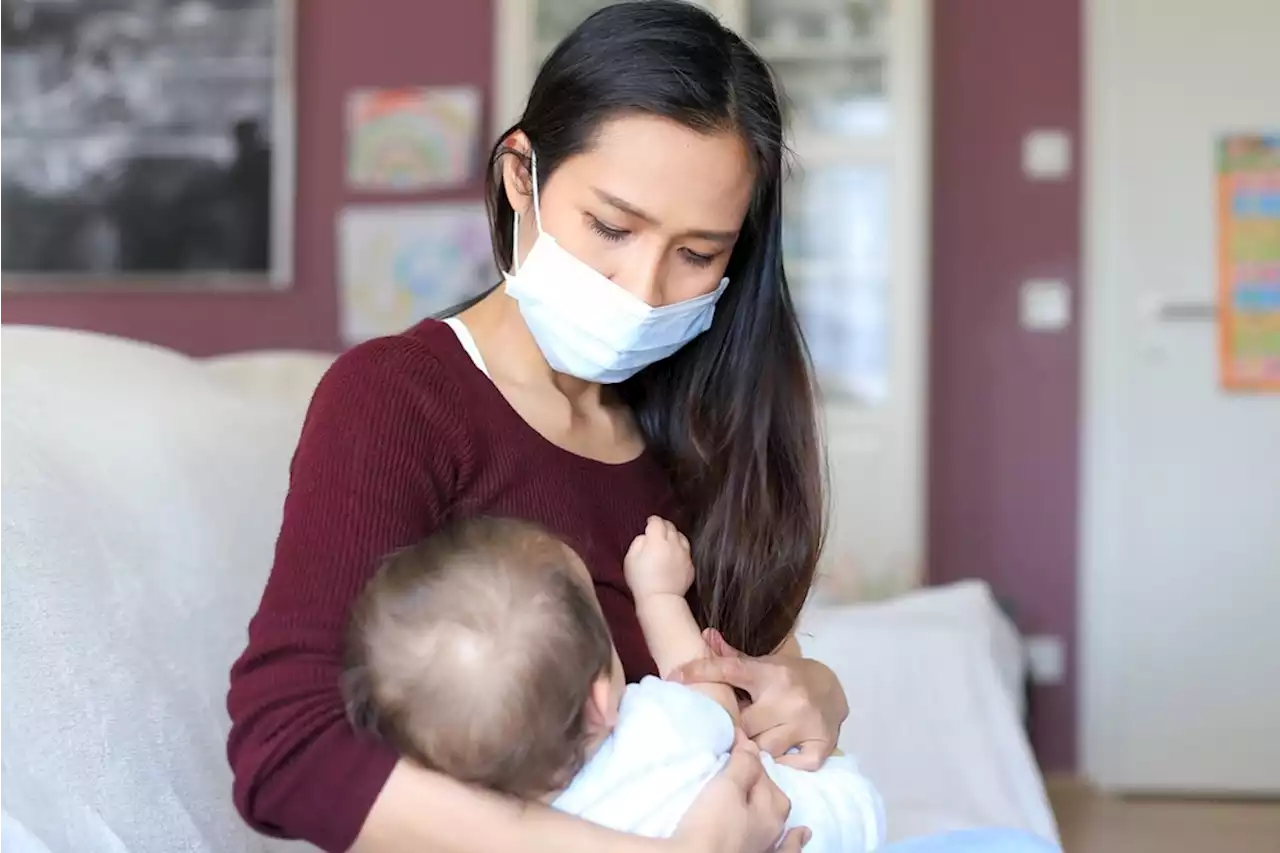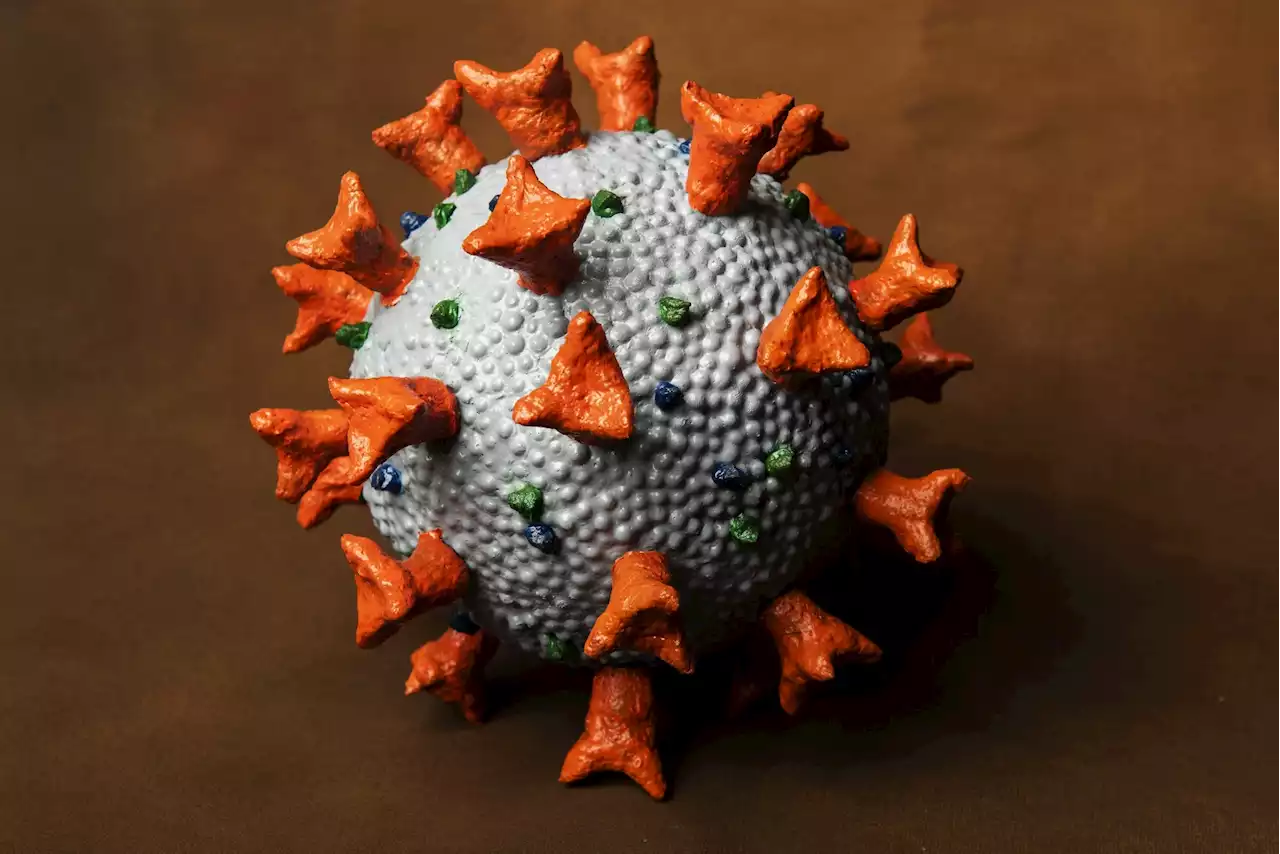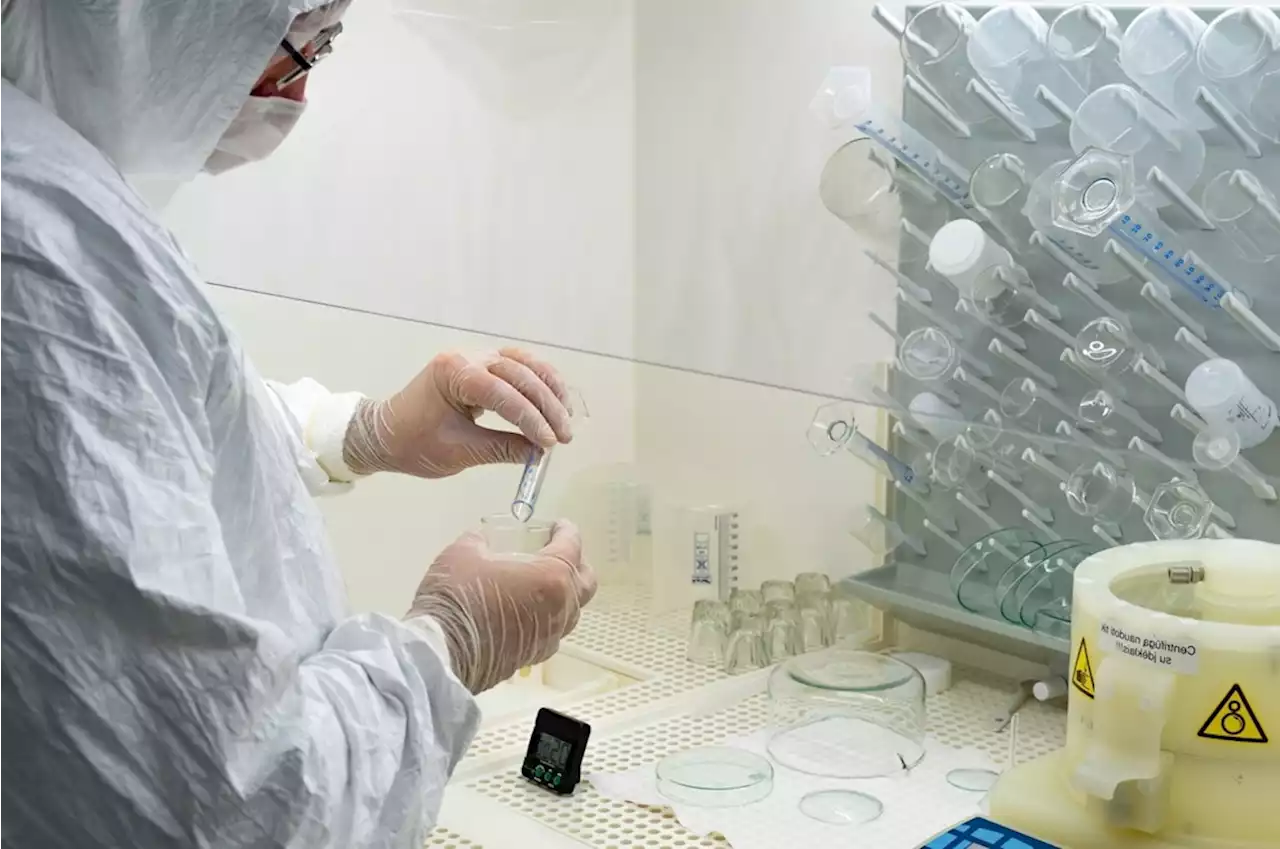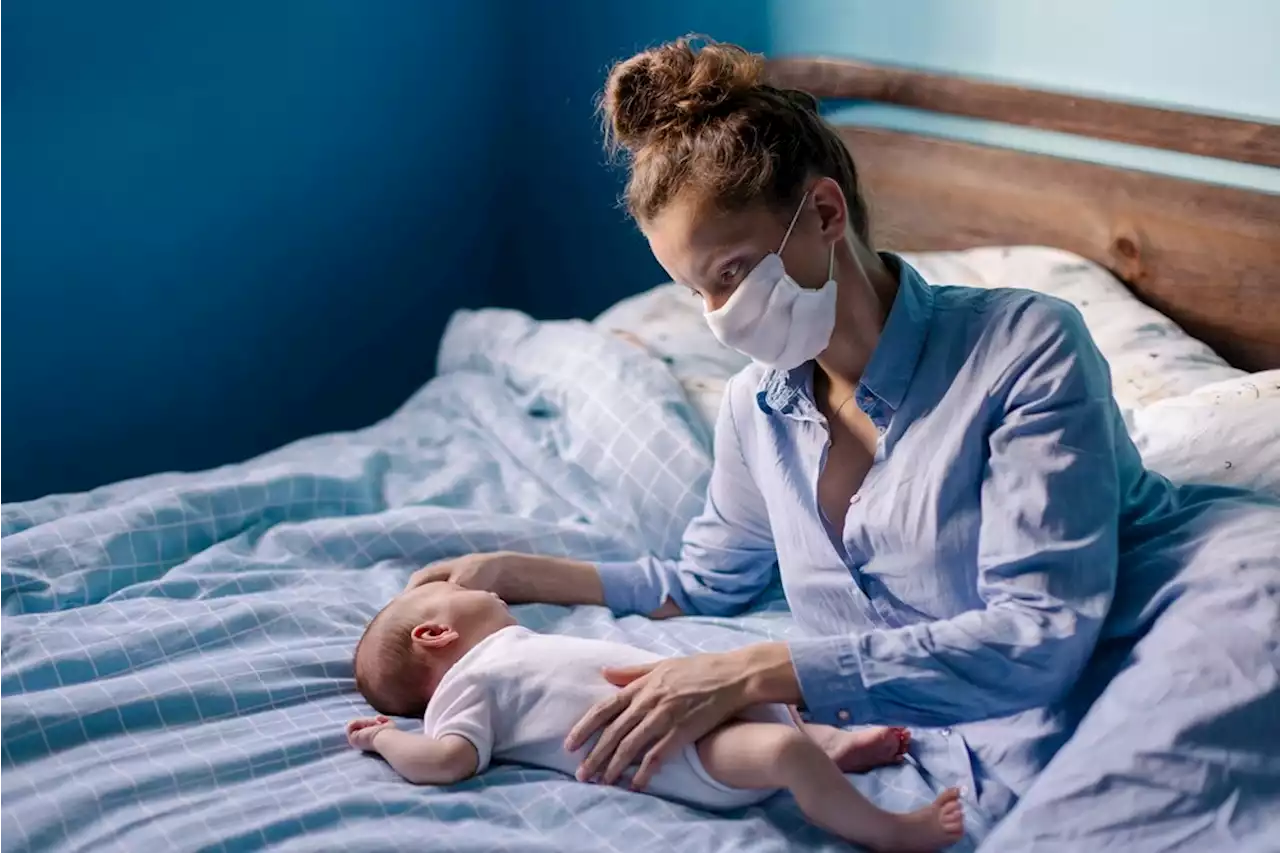SARS-CoV-2 infection among infants born to maternal COVID-19 cases during Omicron variant predominance JPediatr CDCgov maternalcovid covid COVID19 SARSCoV2 omicron variant spread infant childhealth
By Pooja Toshniwal PahariaApr 12 2023Reviewed by Lily Ramsey, LLM In a recent study published in the Pediatrics Journal, researchers assessed the incidence rate of severe acute respiratory syndrome coronavirus 2 infections pre- and post-SARS-CoV-2 Omicron variant of concern dominance among infants born to SARS-CoV-2-positive mothers.
Omicron, although highly transmissible, causes less severe infections among the general public. However, a rise in neonatal hospitalizations has been reported, during the Omicron wave, compared to prior VOC waves. Data of infants aged below six months born to SARS-CoV-2-positive mothers in 2020-2021, as documented by the surveillance for emerging threats to pregnant individuals and infant network of six jurisdictions, regulated by the United States Centers for Disease Control and Prevention .
Further, the team performed a sub-analysis by limiting the analysis to neonates birthed to mothers diagnosed with COVID-19 before 5 December 2021. The US CDC reviewed the survey procedure, weighting, and population-level rectifications concordant with the CDC policies and federal laws. The findings indicated that the elevated COVID-19 incidence rates were not a result of greater perinatal SARS-CoV-2 transmission.
Australia Latest News, Australia Headlines
Similar News:You can also read news stories similar to this one that we have collected from other news sources.
 Antepartum vs. postpartum vaccination: which provides the most protection against SARS-CoV-2 in breastfed infants?Antepartum vs. postpartum vaccination: which provides the most protection against SARS-CoV-2 in breastfed infants? PLOSONE antepartum postpartum vaccines womenshealth childrenshealth covid COVID19 SARSCoV2 breastfeeding research
Antepartum vs. postpartum vaccination: which provides the most protection against SARS-CoV-2 in breastfed infants?Antepartum vs. postpartum vaccination: which provides the most protection against SARS-CoV-2 in breastfed infants? PLOSONE antepartum postpartum vaccines womenshealth childrenshealth covid COVID19 SARSCoV2 breastfeeding research
Read more »
Infant Neurodevelopment and Exposure to Maternal SARS-CoV-2 Infection During PregnancyThis cohort study assesses the association between prenatal exposure to mild or asymptomatic maternal SARS-CoV-2 infection vs nonexposure and differences in neurodevelopmental outcomes among infants aged 5 to 11 months.
Read more »
 Study finds human surfactant protein A can inhibit SARS-CoV-2 infectivityStudy finds human surfactant protein A can inhibit SARS-CoV-2 infectivity Coronavirus Disease COVID Protein SARSCoV2 biorxivpreprint SUNY JohnsHopkins
Study finds human surfactant protein A can inhibit SARS-CoV-2 infectivityStudy finds human surfactant protein A can inhibit SARS-CoV-2 infectivity Coronavirus Disease COVID Protein SARSCoV2 biorxivpreprint SUNY JohnsHopkins
Read more »
 Scientists isolate two antibodies that neutralize all current SARS-CoV-2 variants of concernScientists isolate two antibodies that neutralize all current SARS-CoV-2 variants of concern biorxivpreprint antibodies neutralizing monoclonal covid COVID19 SARCoV2 VOC variants variantsofconcern research
Scientists isolate two antibodies that neutralize all current SARS-CoV-2 variants of concernScientists isolate two antibodies that neutralize all current SARS-CoV-2 variants of concern biorxivpreprint antibodies neutralizing monoclonal covid COVID19 SARCoV2 VOC variants variantsofconcern research
Read more »
 Interventions improved well-being among children and youth during COVID-19 pandemicInterventions improved well-being among children and youth during COVID-19 pandemic Coronavirus Disease COVID Pandemic BMCMedicine DalhousieU UCalgary uOttawa
Interventions improved well-being among children and youth during COVID-19 pandemicInterventions improved well-being among children and youth during COVID-19 pandemic Coronavirus Disease COVID Pandemic BMCMedicine DalhousieU UCalgary uOttawa
Read more »
 COVID-19 caused a sustained increase in recreational screen time among children, especially during the weekA recent JAMA Pediatrics study investigated children’s screen time during three waves of the COVID-19 pandemic and compared them with pre-pandemic screen time. This study evaluated whether the increase in screen time was more than age-expected changes.
COVID-19 caused a sustained increase in recreational screen time among children, especially during the weekA recent JAMA Pediatrics study investigated children’s screen time during three waves of the COVID-19 pandemic and compared them with pre-pandemic screen time. This study evaluated whether the increase in screen time was more than age-expected changes.
Read more »
